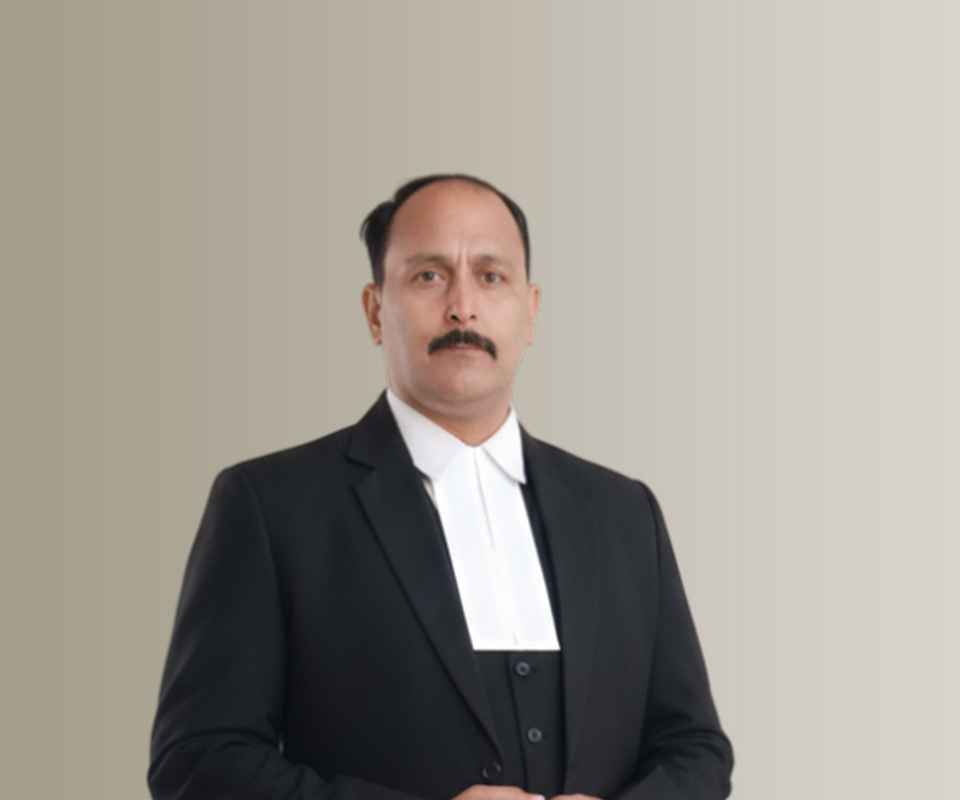Answer By law4u team
Introduction:
Cross-examination is a vital stage in a court trial, where the opposing party has the opportunity to question a witness who has already testified. It serves as a critical method for testing the credibility and reliability of the witness's statements and can help uncover contradictions, biases, or flaws in the testimony.
What Happens During Cross-Examination?
Purpose of Cross-Examination:
The primary purpose of cross-examination is to challenge the accuracy, truthfulness, and reliability of the testimony provided by the witness during direct examination (the questioning by the party who called the witness). During cross-examination, the opposing lawyer has the chance to point out any inconsistencies, contradictions, or weaknesses in the witness's statements.
Who Cross-Examines?:
In a court case, the opposing party (whether the defense or the prosecution) cross-examines the witness. If the prosecution has called a witness in a criminal case, the defense will cross-examine, and vice versa.
Types of Questions Asked:
During cross-examination, the lawyer will typically ask leading questions. These are questions that suggest their own answer or direct the witness toward a specific response. For example:
Leading Question: You were at the scene of the crime at 5 PM, weren't you?
These questions are usually closed-ended and allow the lawyer to guide the witness toward confirming or denying a fact, rather than allowing the witness to elaborate freely.
Strategies in Cross-Examination:
Contradicting the Testimony:
One of the main objectives is to challenge the witness’s previous statements. The lawyer may present evidence or ask questions that expose contradictions or inaccuracies in the witness’s testimony.
Highlighting Bias or Motive:
Lawyers may seek to demonstrate that the witness has a reason to lie or is biased, which could undermine the credibility of their testimony.
Discrediting the Witness:
If there is evidence that the witness is unreliable, the lawyer may focus on discrediting the witness through their history or prior statements.
Impeaching the Witness:
If a witness has made inconsistent statements, the lawyer may use impeachment techniques to show that the witness's testimony is unreliable.
Rules During Cross-Examination:
Scope:
The questions asked during cross-examination must be relevant to the testimony given during direct examination. The opposing lawyer cannot introduce new topics unrelated to what the witness testified about.
No Re-Examination:
After the cross-examination, the lawyer who called the witness may have the opportunity to perform a re-examination. However, this is generally used only to clarify issues raised during cross-examination, not to introduce new evidence.
Witness's Rights:
Witnesses have the right to remain silent:
Witnesses have the right to remain silent if they are unsure of an answer, but they must not withhold information that is relevant to the case.
Hostile Witness:
If a witness is uncooperative or refuses to answer questions during cross-examination, the lawyer may apply for the witness to be declared a hostile witness. In such cases, the lawyer may be permitted to ask non-leading questions or adopt more aggressive questioning techniques.
Importance of Cross-Examination:
Test of Credibility:
Cross-examination is one of the most powerful tools in a trial for testing the credibility of the witness. A skilled lawyer will use this opportunity to highlight any weaknesses in the testimony, demonstrate the unreliability of the witness, or expose any possible biases or ulterior motives.
Contradicting Evidence:
During cross-examination, the opposing party can present evidence that contradicts or questions the witness’s version of events. This helps the judge or jury evaluate the truthfulness of the witness's statements.
Fostering a Fair Trial:
Cross-examination ensures that both parties have an equal opportunity to challenge each other's evidence, allowing for a fair trial. The process of cross-examining witnesses helps ensure that justice is not only done but also seen to be done.
Uncovering Inconsistencies:
Cross-examination helps to expose any inconsistencies in the witness’s story or prior statements. If the witness has previously said something different or made contradictory statements, the cross-examining lawyer can use this information to weaken their credibility.
Example:
In a criminal trial, if the prosecution presents a witness who claims to have seen the accused at the crime scene, the defense lawyer may cross-examine this witness by asking:
You mentioned seeing my client at 8 PM, but your police statement says you saw him at 9 PM, is that correct?
Can you explain why your description of the suspect has changed in your statements?
Were you under pressure to testify in a certain way?
These questions are designed to test the accuracy of the witness's memory, challenge their consistency, and highlight any contradictions or flaws in their testimony.
Conclusion:
Cross-examination plays a pivotal role in court trials, offering the opportunity to challenge the credibility of a witness’s testimony. By asking strategic and leading questions, the opposing lawyer can reveal contradictions, biases, and unreliable statements, helping the judge or jury assess the truthfulness of the evidence presented. It is an essential part of the adversarial legal system, ensuring that both parties have the chance to present their case fully and fairly.







